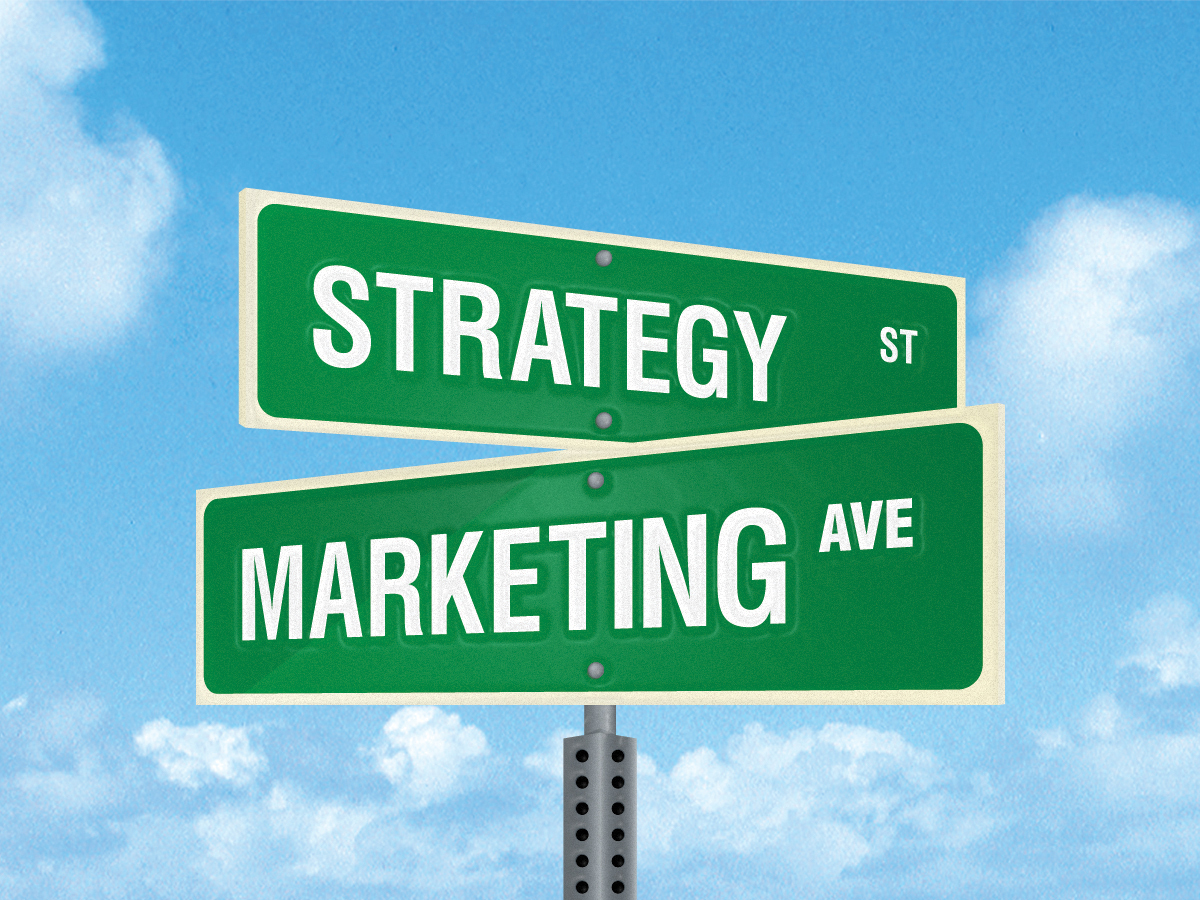
Small businesses prefer Do It Yourself (DIY) marketing solutions over Do it For Me (DIFM) until they reach an appropriate budget. At Idea Spring we've found that our Agency Services approach works across a wide range of business sizes and budgets.
Read the full article at: feedproxy.google.com
Idea Spring provides branding and marketing solutions for small businesses of all sizes and budgets, from solo entrepreneurs with minimal budgets, to larger companies with well-funded (but certainly not unlimited) campaign budgets. We discovered that for all businesses, it's a matter of prioritization and maximizing the results from every marketing dollar.
We custom-tailor our solutions, and don't force our clients into cookie-cutter A, B, and C packages. We also take a long-view approach with our clients, and acting as their dedicated marketing team, we help them manage their marketing dollars by shifting priorities each month as needed to reach their objectives.
Our model is based on doing what it takes to "move the needle" in the right direction. We advise our clients on reasonable expectations based on their marketing budget relative to their industry and marketplace competition. For some clients it simply means starting small and gaining traction to grow their business and their budget. For other clients it means improving their marketing efficiency so they can do more with the dollars they have.
So in the DIY vs. DIFM marketing for small business debate, we fall more on the "do it right for you and your budget".
At Idea Spring we've found three main issues common to most organizations:
Online marketing seems to hit almost all of those categories.
Today, it takes diverse skillets to launch, run, and manage effective marketing campaigns. And just as you've tuned your marketing strategy, and everything is humming along -- the rules suddenly change. What worked as a best practice yesterday, could tank your results tomorrow.
Since marketing and marketing automation are no longer just something the "big businesses" do... it is something that everyone needs. I'd even argue that is more true for the small businesses and solo-entrepreneurs. Marketing automation is vital for companies with limited time and resources.
Idea Spring has worked with a number of the leading platforms, and our consensus is that it's really a function of finding the right tool for the right job. However, none of the platforms are a good choice if you don't have a solid marketing and content strategy developed first.
The more integrated the platform, the less agile those systems are at dealing with both strategic and technological change. That's why our platform takes a modular approach to content management and automation. We look at the functionality of each component and wire them together to build the right solution based on budget and need. As the technology or rules change, we can then substitute for a different individual tool instead of the entire system.
As a result, our tip to anyone needing to maximize time and resources, and considering making the important move to marketing automation -- the best first investment you can make is to start with your marketing strategy and content strategy. Finally, when you know your game plan, you find the right platform.
Sourced through Scoop.it from: www.martechadvisor.com
It's interesting to look at the percentage breakdown of investment dollars by category (marketing analytics, content marketing, social media marketing, etc.) While perhaps not in all categories, I think the breakdown does in some ways reflect the relative importance one should place on their own marketing spend - especially for small and mid-size businesses.
For example, marketing analytics is relatively more important than predictive analytics and just slightly behind business intelligence platforms. However, analytics is less important than content marketing. Common sense will tell you that if you're doing content marketing well you'll see results, even if you're not tracking them. Of course, that doesn't mean that marketing analytics isn't important, just relatively less so.
This chart makes for a nice breakdown of categories to consider what and how your business is investing in marketing efforts.
Social media marketers talk a lot about how to get more clicks, but sometimes we forget about real engagement. What’s the use of clicks if your audience doesn’t stay on the page for any longer than th
Sourced through Scoop.it from: www.socialmediatoday.com
This is a pretty fun (and useful) Infographic on suggested lengths for various online and social media posts.
Why a value proposition might be more effective than your elevator speech or unique selling proposition.
This is a concise article that neatly sums up the differences between Elevator Speech, Unique Selling Position, and Value Proposition. All three are necessary, and each should be aligned with specific client or customer segments.
There are some great tools, resources and processes for brainstorming and creating your Elevator Speech, your USP and Value Proposition. Some approaches and tools we've used with clients at Idea Spring include the Duct Tape Marketing "Talking Logo", the Value Proposition Canvas, and taking some of the principles behind the Blue Ocean Strategy.